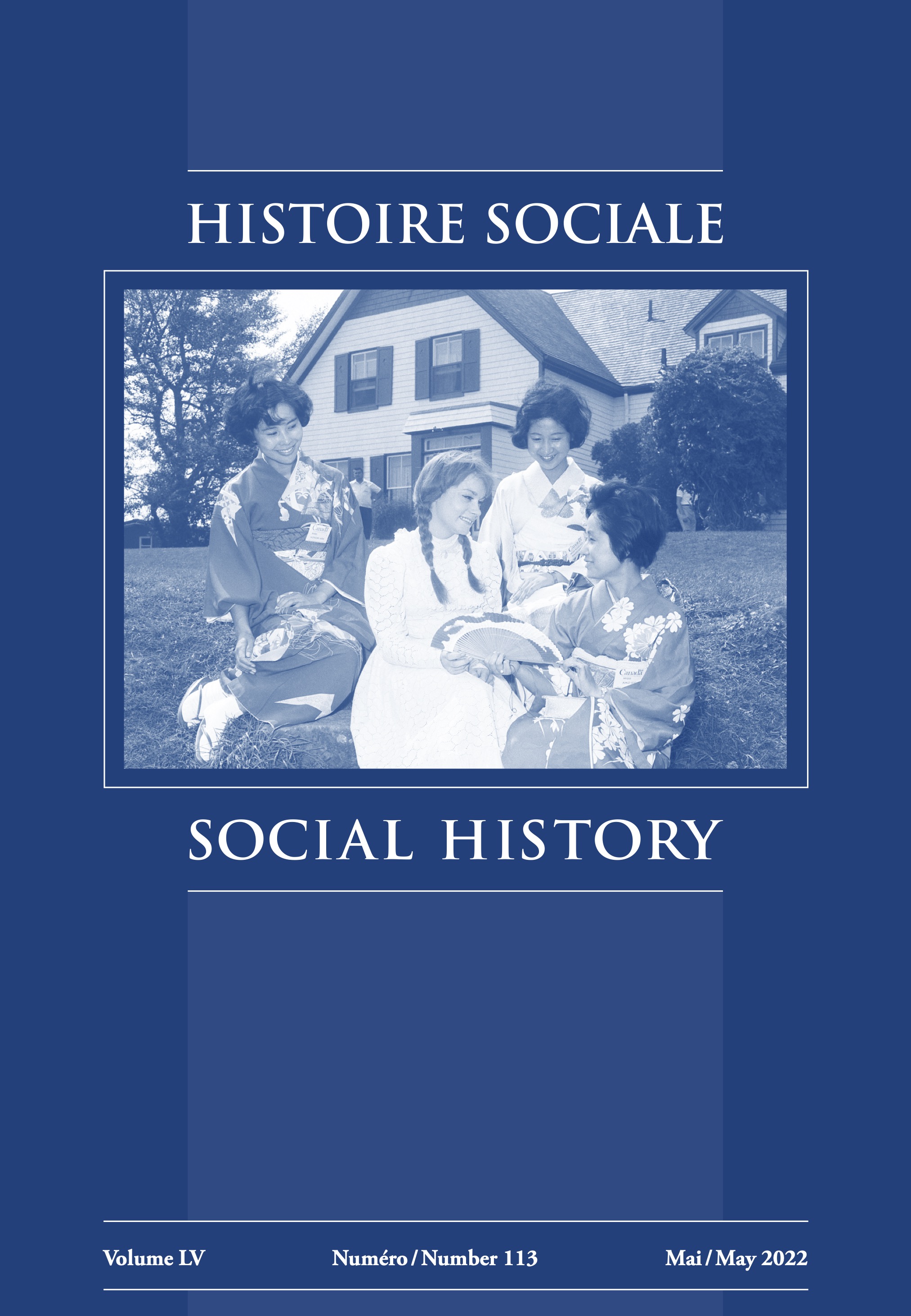Surviving War— and Succumbing to “Peace”: The Tragic Life and Death of Gunner George Emerson Compton (1892–1932)
Abstract
It was not uncommon for a First World War veteran suffering the traumas of the wartime experience to take his own life. The case of George Emerson Compton, however, who fatally shot himself in 1932, poses some complexity. His war service record and pension files and research related to his unusual personal and familial background on Prince Edward Island raise the question of whether Compton’s suicide was attributable to personal problems, including mental instability that predated his wartime service, as state officials claimed in dismissing his pension claims, or to wartime and post-war trauma. Relevant secondary literature in military and social history and suicide studies provides support and context for acknowledging that these are not mutually exclusive explanations. Compton’s Depression-era experience with the military’s doctors and pension officials brought him to a tipping point, but a long and complex personal background lay behind his decision to end his own life.


